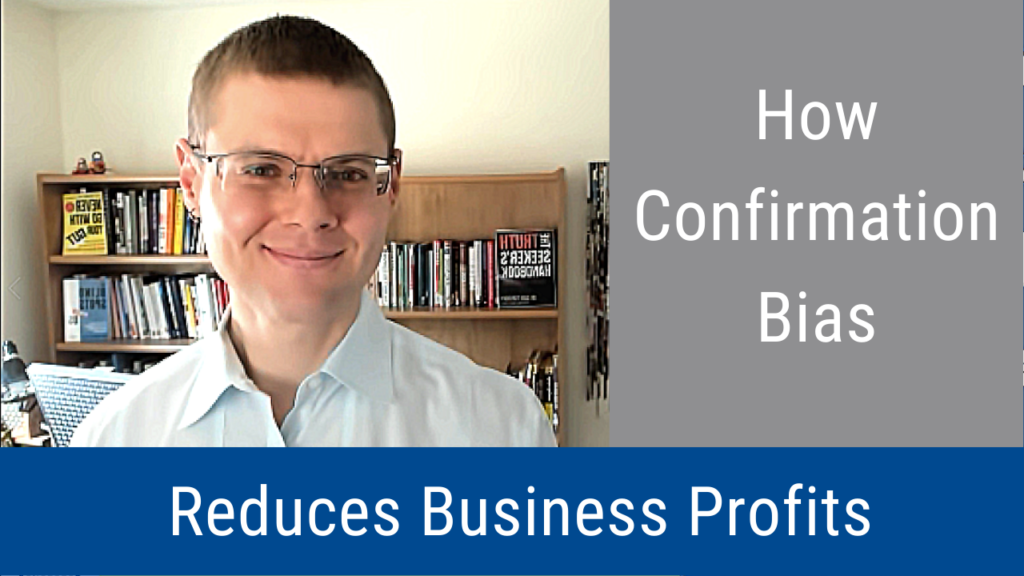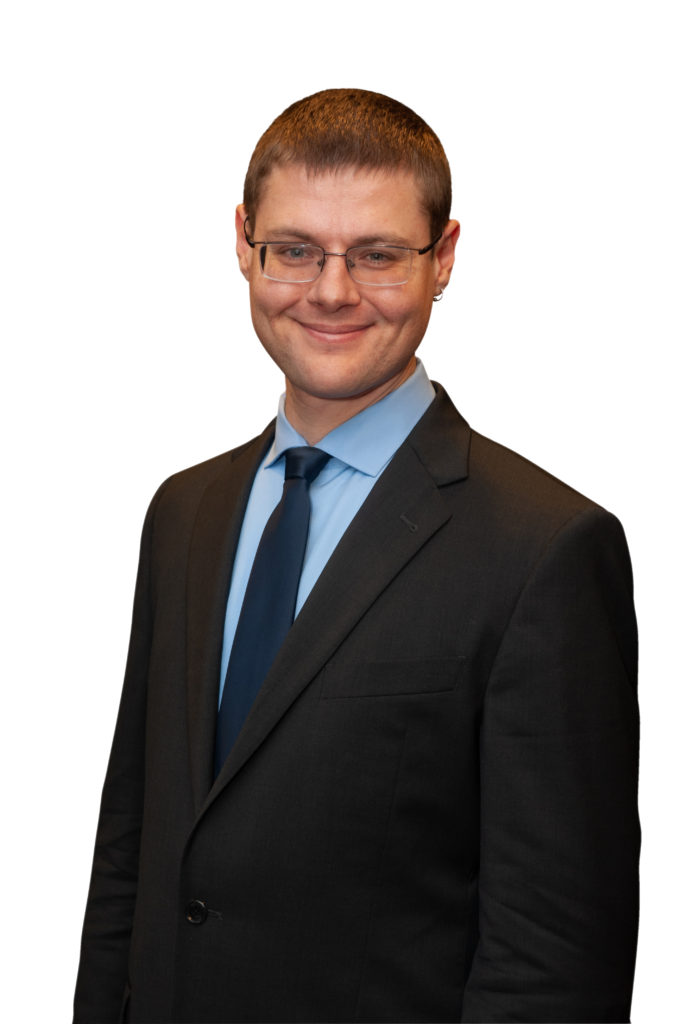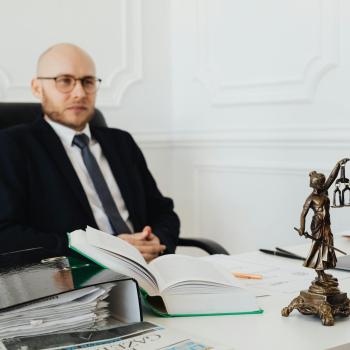
The confirmation bias causes leaders to look for information that confirms their beliefs and reject information that does not. To overcome this dangerous cognitive bias, leaders should test decisions by trying to prove themselves wrong. That’s the key take-away message of this episode of the Wise Decision Maker Show, which describes how confirmation bias reduces business profits.
Video: “How Confirmation Bias Reduces Business Profits”
Podcast: “How Confirmation Bias Reduces Business Profits”
Links Mentioned in Videocast and Podcast
- Here is the article: How Confirmation Bias Reduces Business Profits
- The book Never Go With Your Gut: How Pioneering Leaders Make the Best Decisions and Avoid Business Disasters is available here
- You are welcome to register for the free Wise Decision Maker Course
Transcript
Hello, everyone, and welcome to the wise decision makers show where we help you make the wisest and most profitable decisions. And today we’ll talk about making the wisest decisions about confirming our biases, or hopefully disconfirming our biases with a concept called confirmation bias, which is a dangerous judgment error that can seriously impede our business profits and cause a lot of business losses. Now, what’s that about confirmation bias? Well, leaders of all sorts, everyone, but in this case, really focusing on leaders who have a lot of trouble with accepting uncomfortable truths. Why is that? Well, leaders see themselves as good people, strong people, great leaders, they have a self identity, that they are good, that they perform well, therefore, everything must be going well, because they are good leaders. Therefore, everything must be going well in their business, all of their decisions must be going well. And any information that indicates things aren’t going well is probably why leaders and everyone else, but especially leaders, tend to be a little bit full of themselves and be a little bit too full of themselves. It’s a tendency, this is one reason why they became leaders, they tend to stand out, they tend to see them be proud of themselves, they tend to see themselves as above the rest. Again, this is why they became leaders. So it’s especially a problem for leaders of rejecting signs of making mistakes, and trying to convey an appearance of success to themselves to try to convince themselves that they’re great leaders to give a conference and to convey that to others. As a result, leaders are especially prone to confirmation bias. The confirmation bias is one of many cognitive biases. These are mental blind spots, causing poor strategic decision making in all sorts of areas, business areas, life areas, all sorts of topics, and causes leaders to go with their gut to follow their heart and trust their intuitions, instead of looking at best practices of how to make the right decisions, most effectively, not by going with your gut. So it’s a confirmation bias. It’s simply looking for information that confirms the beliefs that children you see already had some pre existing beliefs. And the confirmation bias describes the mental tendency to look for information that confirms those beliefs, and ignore put aside any information that disconfirms those beliefs. So you’re going to tend to ignore information that contradicts those beliefs. That, of course, will result quite often in poor business decisions, and can harm your business reputation, your own reputation, and not accept what is actually going on. So you’re going to be ignoring signs of failure, you’re really going to be believing that you’re more successful when you are. And so that’s what happens, leaders don’t acknowledge the reality of what happens. And that causes losses, reduction of profits. It happens in businesses of all sizes from the largest ones to the smallest. There was an interesting study done of over 1000 board members of 237 organizations that fired their CEOs. And what they found, when they looked at why they were the CEOs, was that over a fifth of the leaders were fired. So 23% were fired for denying negative reality about the company, not from performance, not for liking visions, or something like that. But for denying negative reality about the company, some major costs of leaders getting fired, and it happens across all levels of businesses. So you need to avoid this tendency to choose selective information, think about how leaders deal with a business case. Well, what they do is they look for information that justifies the business case, they look at a business case and they say okay, how do I prove this business case? That’s what happens. Unfortunately, they don’t tend to try to disconfirm their belief and try to disprove their business case. Try to look for examples, when they’re types of initiatives that they tried to do that they’re trying to put into action failed. Well, this lack of objectivity is something that unfortunately results in a lot of plans being overhyped way too hyped up, and that is a broader tendency. It’s a problem because challenging leaders is difficult and challenging. ideas that are popular in your organization’s difficulty still have insiders Members failing to speak out, when the team leader is excited about something. Because companies don’t really reward this leaders tend to not reward even if they say, the door is open, you can always disagree with me by their actions, they show that, hey, if you disagree with me, then you’re not going to get promoted to be career limiting move a sailor, not something that most people want to know, organizations, so they avoid CLM. And that is a problem for leaders who want to actually have healthy disagreement. You want to reward people who disagree with you, want to praise them, uplift them, and put them in higher positions. Otherwise, it takes a lot of courage to challenge popular ideas. Now, why did confirmation bias combat? It seems like it’s obviously problematic in today’s environment, right? Well, it wasn’t problematic way back when we evolved our instincts intuition since intuition. It’s an instinct. It’s a gut reaction in the savanna environment, the ancient ancestral savanna, when we lived in groups of 50 people to 150 people, we had to be very tribal in order to survive. And it’s facilitated our survival, to align our beliefs with those of our tribe. That’s not great in today’s multipolar global world, where we really want to orient toward the truth rather than with our tribe. But in that ancestral environment, that was a good thing. And so we still retain that instinct to align with our tribe, even so we’re much, much less likely to die, if we’re kicked out of our tribe. And so ancestral survive, environments would be kicked out of our tribe and would die. That’s not great, that’s not the case in the modern environment. But our intuition is still to agree with the tribe. That’s a really big problem in the modern world. So how do you fight this? How do you counter the confirmation bias? Well, you want to think about ways of disconfirming your beliefs, try to prove yourself wrong to avoid bad decisions. And if you can fail to prove yourself wrong, if you try really try actually try hard to prove yourself wrong. And you can’t, that makes it more likely that you’re going to be right. But if you can, that’s great, because you couldn’t be more right in the first place. And the same thing for your team. So it’s one for you. One is for your team, be a devil’s advocate, try to prove your team’s ideas strong and create a culture of celebrating Devil’s advocates, it’s gonna be really beneficial to counter the confirmation bias that helps you address problems in the popular ideas that are out there. And of course, you’ll have a much stronger business case, both in terms of convincing people and actually making a profit, when ideas are able to withstand questioning. Now, if your team’s ideas can be proved wrong, you know what, you can choose a better project and you’ll be much better off if you do so you can maximize your bottom line as a result. And that will also help uplift your career. So that’s how to counter confirmation bias, which is a really dangerous tendency, especially for leaders in the modern world. And if you want to make sure that you run a profitable company, you’ll take the steps that you need to address the confirmation bias. All right, everyone, I hope this episode of the decision maker show has proven beneficial for you. Please share your thoughts about the episode, email me with your thoughts Gleb at disaster avoidance experts dot com. And please subscribe to the show wherever you hear it, or watch them. We have a video cast, we have a podcast. There’s much more information about the show in the show notes. So check that out. Please share it with your friends, with their neighbors, with your co-workers, anyone who you can reach on your social media or by email. And I hope that I will see you next time in The wise decision maker show. In the meantime, the wisest most profitable decisions to you my friends
Transcribed by https://otter.ai
Originally Published at Disaster Avoidance Experts on March 8, 2022.
Bio: Dr. Gleb Tsipursky is a world-renowned thought leader in future-proofing, decision making, and cognitive bias risk management in the future of work. He serves as the CEO of the boutique future-proofing consultancy Disaster Avoidance Experts, which specializes in helping forward-looking leaders avoid dangerous threats and missed opportunities. A best-selling author, he wrote Never Go With Your Gut: How Pioneering Leaders Make the Best Decisions and Avoid Business Disasters (Career Press, 2019), The Blindspots Between Us: How to Overcome Unconscious Cognitive Bias and Build Better Relationships (New Harbinger, 2020), and Returning to the Office and Leading Hybrid and Remote Teams: A Manual on Benchmarking to Best Practices for Competitive Advantage (Intentional Insights, 2021). His writing was translated into Chinese, Korean, German, Russian, Polish, French, and other languages. He was featured in over 550 articles and 450 interviews in prominent venues. These include Harvard Business Review, Fortune, USA Today, Inc. Magazine, CBS News, Business Insider, Government Executive, The Chronicle of Philanthropy, Time, Fast Company, and elsewhere. His expertise comes from over 20 years of consulting, coaching, and speaking and training for mid-size and large organizations ranging from Aflac to Xerox. It also comes from his research background as a behavioral scientist. After spending 8 years getting a PhD and lecturing at the University of North Carolina at Chapel Hill, he served for 7 years as a professor at the Ohio State University’s Decision Sciences Collaborative and History Department. Contact him at Gleb[at]DisasterAvoidanceExperts[dot]com, LinkedIn, Twitter @gleb_tsipursky, Instagram @dr_gleb_tsipursky, Medium @dr_gleb_tsipursky, and gain free access to his “Assessment on Dangerous Judgment Errors in the Workplace” and his “Wise Decision Maker Course” with 8 video-based modules at https://disasteravoidanceexperts.com/subscribe/.














